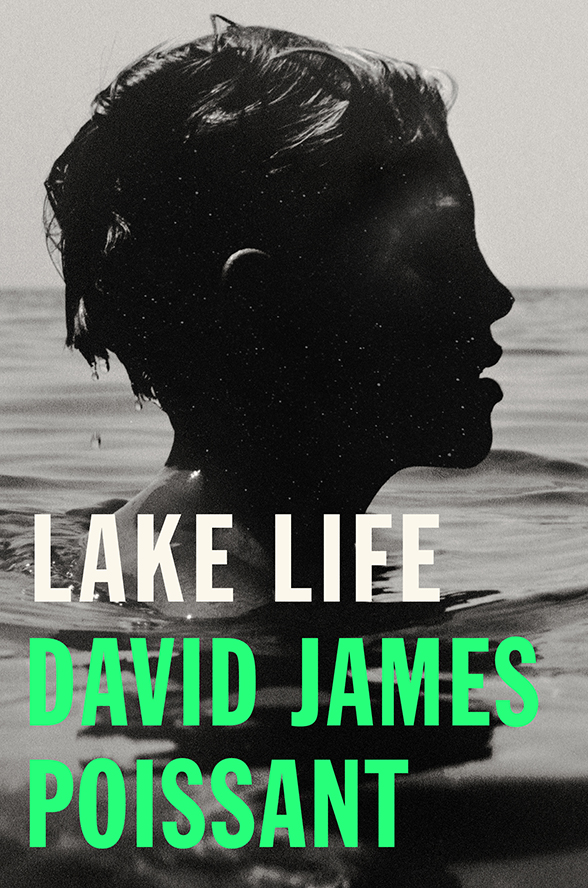Bam, Bam, Bam, Bam
James Whorton Jr.’s third novel, Angela Sloan, unfolds at breakneck speed
With a derelict, hilarious, fourteen-year-old narrator whose voice is a cross between Holden Caulfield and Ramona Quimby, James Whorton Jr.’s Angela Sloan is structured like an essay on how the eponymous protagonist spent her summer vacation. But instead of a school report, it’s a 200-page letter addressed to the CIA. And instead of recounting Angela’s adventures at sleep-away camp or pedaling a Schwinn ten-speed around the block, it tracks her father’s recent ensnarement in the Watergate burglaries, their decision to hit the road with fake IDs, and his abandoning her with no warning, just for starters. In fact, it’s more or less the furious story of one crazy-making event after another.
It’s also the account of how, exactly, Angela manages not to go completely bonkers. She matches her crises with resilience so strong it’s a testament to both her naïveté and her dry, unintentionally hilarious sense of humor. If this character were given a high-school-senior superlative, it might be Most Likely to Commit Misdemeanors Without Getting Arrested. The irony is that if Angela were to get in trouble for, say, underage driving, smoking, running away, or harboring an illegal (and sticky-fingered) immigrant, it wouldn’t be with her parents. All the meaty, jaw-dropping action in Whorton’s rollicking third novel occurs not because Angela’s father is looking for her but because she is looking for her father. Has a teenager ever been so desperate for parental supervision?
 To be fair, it was Angela’s father who taught her everything she knows about under-the-radar surveillance. Ray Sloan worked as an undercover CIA agent. He adopted Angela after her parents were killed in the 1964 Congolese massacre. He’d lost his own wife and young daughter and had a soft spot for Angela. (Also, when he tried to drop her off at an orphanage, she bit a nun and ran right back to him.) It was Ray who named her Angela, and though Whorton gives no explanation for his choice, it can hardly be coincidental that the meanings of Angela and Sloan are, respectively, “messenger” and “warrior.” In other words, gentle readers, you don’t want to mess with this girl.
To be fair, it was Angela’s father who taught her everything she knows about under-the-radar surveillance. Ray Sloan worked as an undercover CIA agent. He adopted Angela after her parents were killed in the 1964 Congolese massacre. He’d lost his own wife and young daughter and had a soft spot for Angela. (Also, when he tried to drop her off at an orphanage, she bit a nun and ran right back to him.) It was Ray who named her Angela, and though Whorton gives no explanation for his choice, it can hardly be coincidental that the meanings of Angela and Sloan are, respectively, “messenger” and “warrior.” In other words, gentle readers, you don’t want to mess with this girl.
The book picks up in 1972, eight years after Ray takes in Angela, with the two living in Washington D.C., where Angela has started high school. “I can’t say that I loved my ninth-grade experience,” she writes in her characteristically deadpan tone. “One day smoke came out of the ceiling and we all ran down the hall. That was one of the better days.”
Retired, Ray whiles away his time cadging cigarettes and bourbon until a fellow former agent (code name Horsefly) invites him to join his domestic-surveillance team, and Ray almost immediately finds himself at the center of the Watergate scandal. He and Angela go on the lam, speeding away in his Plymouth Scamp and stopping only to procure fake licenses that will, among other things, identify the string-bean-shaped Angela as nineteen. Prone to paranoia, Ray soon becomes convinced that the front-desk clerk of their hotel is an FBI informant, and he splits. Angela’s left with the Scamp, 1,400 bucks, and a runaway—“a wiry brown Chinese girl who looked like she wouldn’t mind fighting”—who refuses to get out of the car’s backseat. Betty is a pro-Communist waitress with no passport who latches onto Angela after having almost been stabbed by her boss. Soon Angela and Betty develop their own entertaining rhythm and chemistry.
Thrown off by Ray’s departure, Angela regains her sense of purpose by pocketing her fake license and continuing westward, in search of Ray. Because he’s given her an education in espionage, code names, and covers, Angela is as prepared for the life of a spy as any suburban ninth grader could hope to be. She’s also modest about her undercover success: “People look past me because I have no value to them,” she says.
 In this regard, she calls to mind another wildly original fourteen-year-old heroine of fiction: Mattie Ross, of Charles Portis’s True Grit, who seeks retribution for her father’s death. Against deadly odds, Mattie holds her own in the company of hardened criminals. Angela, too, moves forward on a mission. “When you live a cover,” she tells the good-intentioned woman asking endless questions about Angela’s past, “you can’t be picking through it all the time. You just live it.”
In this regard, she calls to mind another wildly original fourteen-year-old heroine of fiction: Mattie Ross, of Charles Portis’s True Grit, who seeks retribution for her father’s death. Against deadly odds, Mattie holds her own in the company of hardened criminals. Angela, too, moves forward on a mission. “When you live a cover,” she tells the good-intentioned woman asking endless questions about Angela’s past, “you can’t be picking through it all the time. You just live it.”
Angela Sloan is fueled by action, not by long passages of emotion or reflection, with seventy-six chapters that average two or three pages each. Several are laid out exclusively in dialogue, as in a script, with no exposition or breaks in between. It’s a greased bullet of a novel, one that flies fast and kills dead-on, bleeding out all the coolest components of spy fiction: espionage, paranoia, uncertain identities, and, almost best of all, a setting in a time before cell phones and Internet access. The only way for a teenage girl to get to the bottom of a mystery involves leaving the house, getting behind the wheel of a Scamp, risking death, and finding things out by interacting with a slew of swarthy, possibly backstabbing adults. Plus, because it’s set in the ’70s, the whole adventure is sprinkled with acid and Richard Nixon and fake dynamite.
A native Mississippian and former resident of Gray, Tennessee, Whorton displays a sideways affinity for the South. (His characters’ fake IDs are Tennessee licenses, which means, according to Ray, that they should never go there. “We have no reason to ever go to Tennessee,” says Angela, and Ray concurs. Later, predictably, she heads south.) In this book, as in his two earlier novels, Approximately Heaven and Frankland, Whorton’s writing is sharp and witty, cinematic without being showy, and it deploys an absolutely deadpan humor. It’s a style that works for him, and for readers, as the pace never lags. Bam, bam, bam, bam, bam. Just like that, without even knowing what’s hit her, Angela Sloan comes of age.


